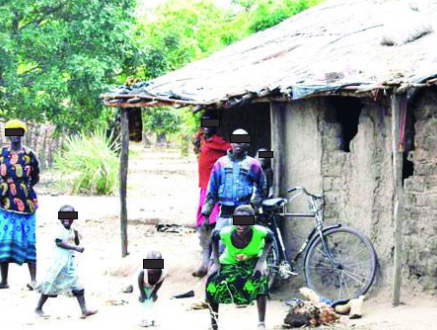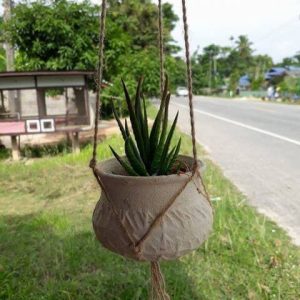
The World Bank says the proportion of people living below the poverty line of $2.15 (K3, 764) a day in Malawi will increase slightly from 71.7 percent in 2023 to 72 percent in 2024.
This is according to the bank’s Macro Poverty Outlook (MPO) released last week.

It analyses macro-economic and poverty developments in 48 developing countries in sub-Saharan Africa.
The report is released twice annually for the Spring and Annual Meetings of the World Bank and the International Monetary Fund.
The report says with heightened food insecurity, both from high food prices and shortages owing to anticipated lower agriculture output, poverty is expected to worsen in 2024.
According to the report, Malawi’s economy is projected to grow by 2 percent in 2024, a contraction in per capita terms, given 2.6 percent population growth.
“Limited availability of agricultural inputs and the impact of prolonged dry spells during the growing season will result in reduced agricultural output. Continued liquidity challenges in foreign exchange markets are expected to continue affecting the importation of raw materials and production inputs, constraining economic activity in industry and services,” the bank says.
The Bretton Woods institution adds that headline inflation is expected to remain high and average 27.4 percent in 2024, observing that the disinflationary impact of tightening monetary policy will be offset by lower agricultural output and resultant pressures on food prices.
“The adjustment of energy and other utility prices, necessitated by the adjustment of the kwacha and planned for 2024, will add to inflationary pressures.
“Revenue is projected at 21.5 percent of GDP [gross domestic product] in FY 2024-25. This outcome assumes the achievement of ambitious tax revenue targets as well as increased disbursements of grants, which are expected to reach 5.4 percent of GDP, the highest in the last decade,” the World Bank says.
According to the report, expenditure is expected to slightly moderate to 28.4 percent of GDP, thus translating to a projected fiscal deficit of 6.6 percent of GDP in FY 2024-25.
The bank, however, notes that failure to attain ambitious revenue targets and overspending would widen the deficit further, which will add to an already high and unsustainable public debt burden.
“Imports are expected to continue rising, driven in particular by the need for increased food imports to address domestic shortages.
“While exports are also projected to recover, the impact of prolonged dryspells on agricultural production may constrain export growth. The current account deficit is projected to remain high at 20 percent of GDP,” the report reads.
Commenting on the anticipated growth in poverty levels, Scotland-based economist Velli Nyirongo said the biggest hurdle Malawi’s economy faces is its sluggish growth.
“It simply hasn’t been expanding fast enough to lift people out of poverty. To make a real difference, we need to see growth consistently above 6 percent. There are a few key bottlenecks we can address to achieve this.
“Tackling the import-export gap is crucial. Malawi must become a net exporter, not importer, and this will bring in valuable foreign currency and boost the economy. Malawi relies too heavily on agriculture. While it employs a large portion of the population, it’s vulnerable to unpredictable weather patterns. Diversifying the economy and creating jobs in other sectors is essential,” Nyirongo said.
He said population is another factor to consider.
“Malawi’s population growth is outpacing its ability to provide for everyone. This needs to be addressed. Investing in education is vital for future prosperity and ensuring food security is paramount. A nation like Malawi shouldn’t have to rely on food imports when it has the potential to be a self-sufficient one,” he added.
Finance Minister Simplex Chithyola Banda was not immediately available for a comment.







